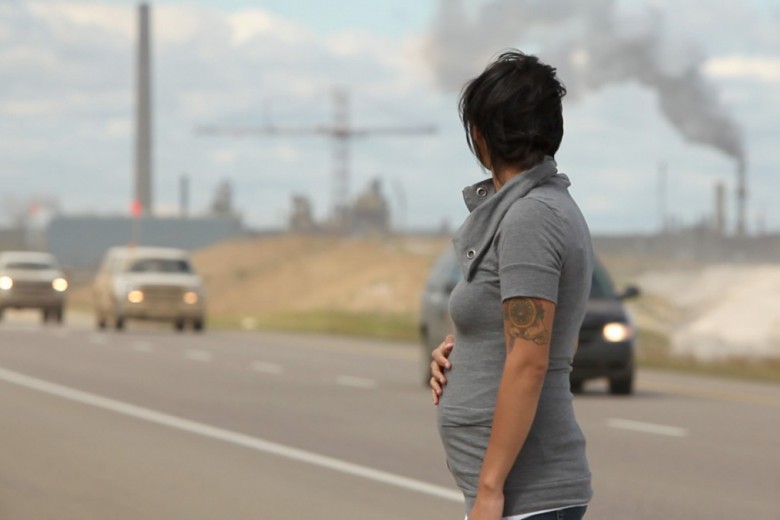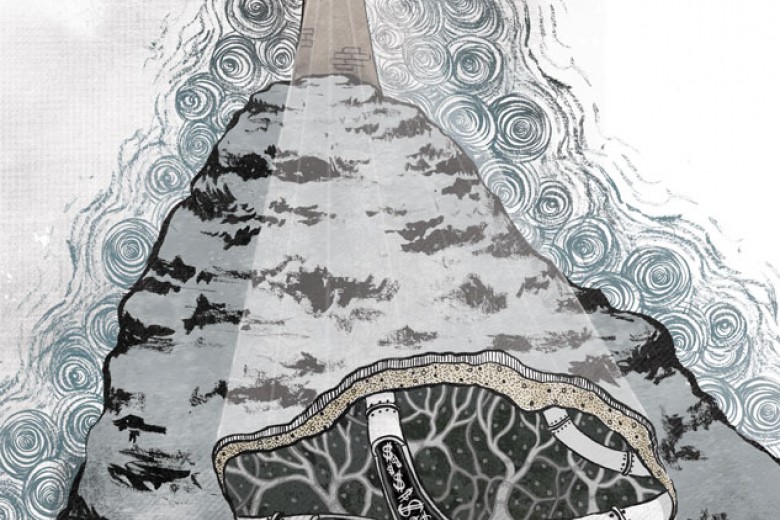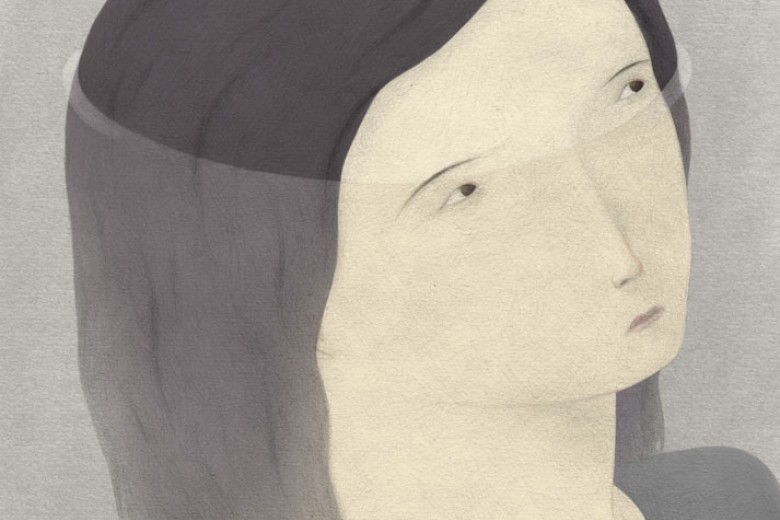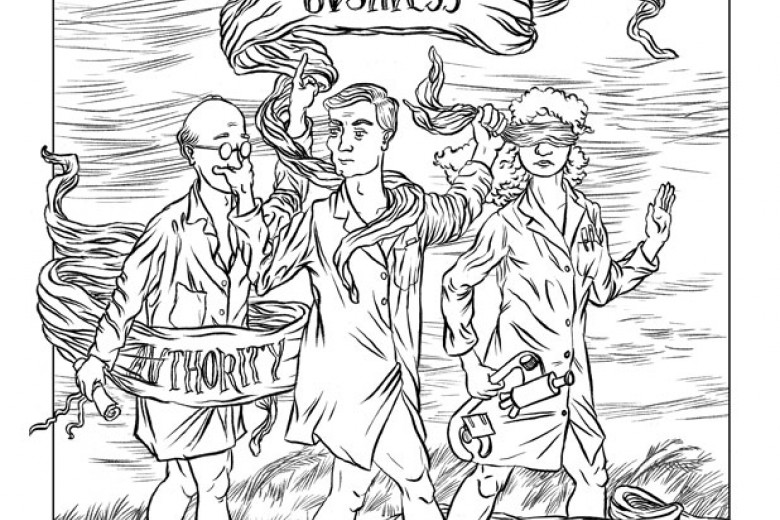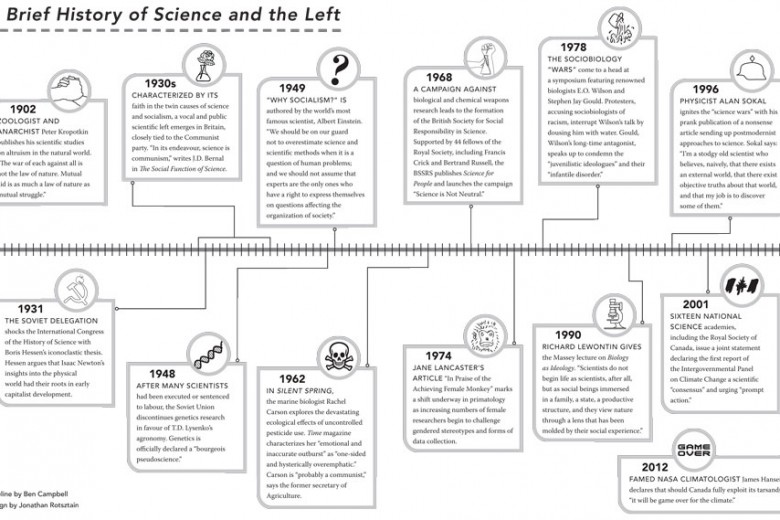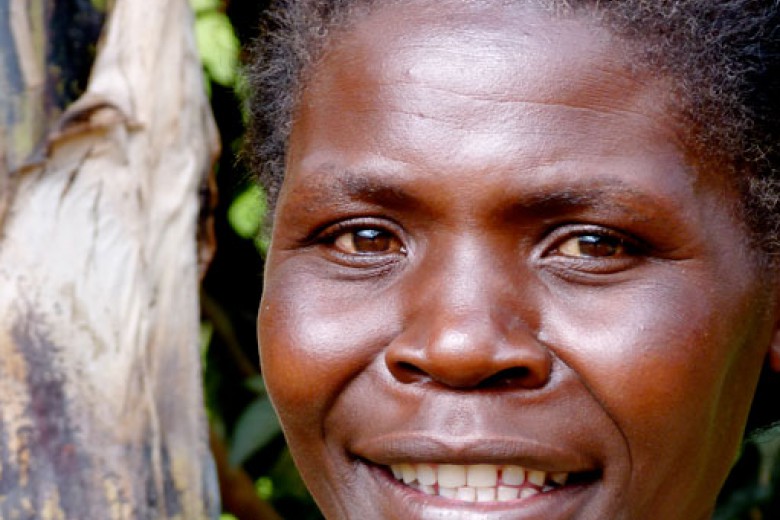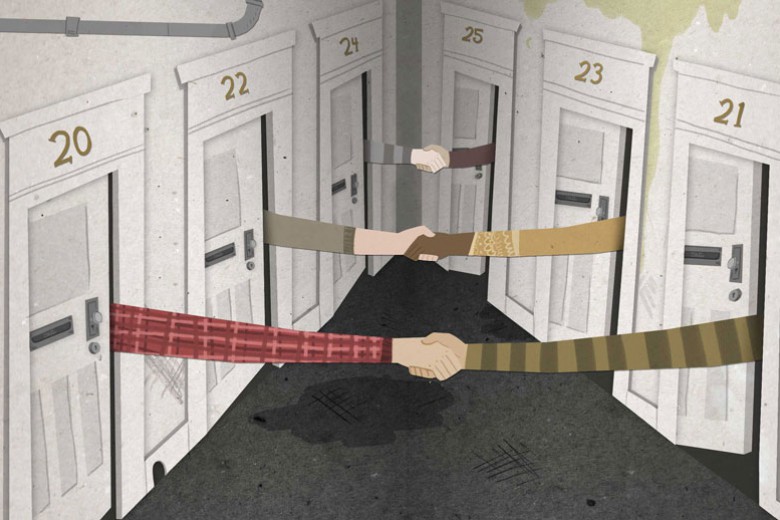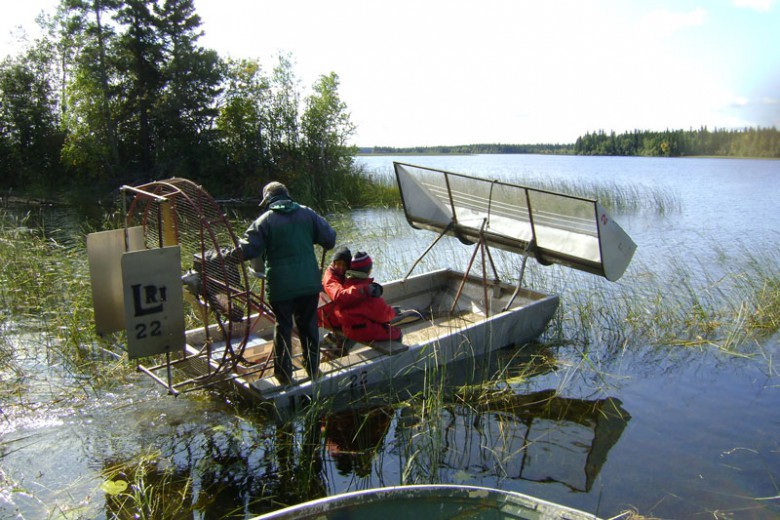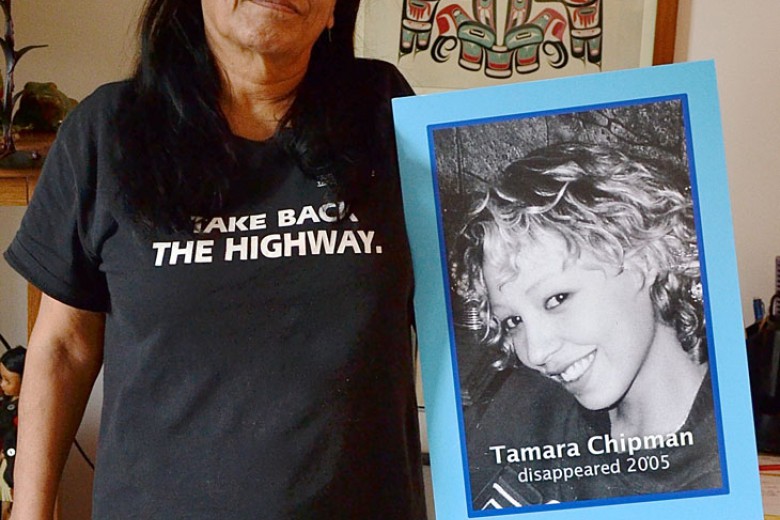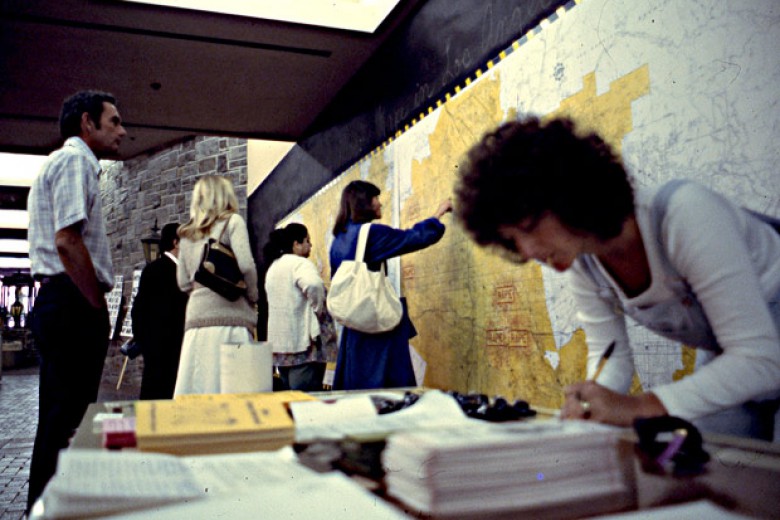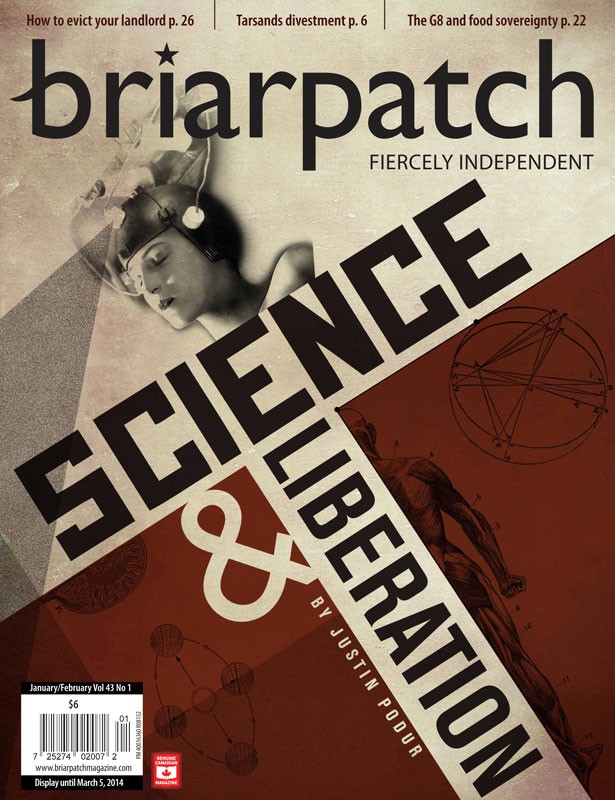
January/February 2014
How is science actually done today and what is its role in social change? Can a student divestment campaign curb the tarsands? How are tenants organizing for better housing? What is the G8’s plan for African farmers? How does unemployment shape self-worth? What’s ahead for northern Saskatchewan’s wild rice harvesters? This issue tackles these questions and more!
Add To Cart $7.95


